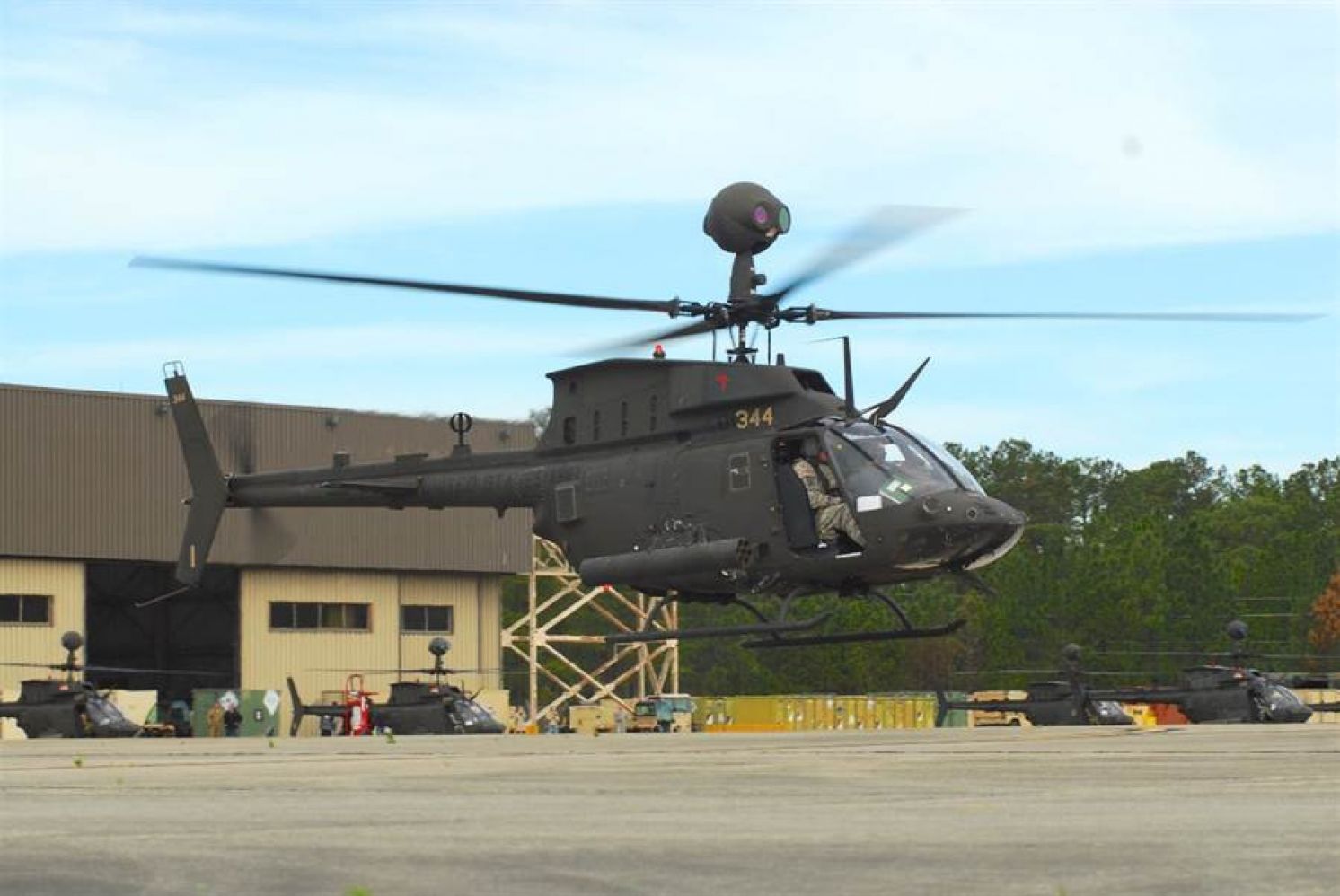
This Week in Taiwan 0712-0718
July 13: Recently, there have been multiple incidents of shootings as well as killings at dance studios reported in southern Taiwan. In a meeting commending police for their epidemic prevention efforts, Premier Su Tseng-tsang said that President Tsai Ing-wen and he are worried and sad that public safety is deteriorating, and he demanded that local police chiefs take responsibility. The National Police Agency, Ministry of the Interior, replaced the chiefs of the Kaohsiung and Tainan police departments, shaking the police community. Some speculate that the move has to do with factional struggle within the ruling Democratic Progressive Party or high-level personnel struggle among the police.
July 15: "Triple Stimulus Vouchers" are now available to use. On the first day, post offices sold more than 700,000 vouchers, far more than expected. Some post offices have seen long and chaotic queues. Some machines in convenience stores also went out of order, and some people waited for more than an hour.
July 16: On its return trip from a combat preparedness mission, an army helicopter which participated in the Han Kuang Exercise unfortunately fell on the runway of the Hsinchu Air Firce Base three minutes after take-off. Both pilots operating the helicopter were killed in the line of duty. It was found that the rotating wing speed was too low, and the helicopter attempted to return to the base in order to avoid residences. The OH-58D helicopter in question is manufactured by Bell Helicopter of the United States. The Republic of China Army purchased a total of 39 helicopters. This is the third time that the helicopter has fallen in two years.
July 16: Children of a mainland Chinese parent and who hold Taiwanese (R.O.C.) resident certificates but are not citizens have not been able to enter Taiwan since the coronavirus (COVID-19) pandemic. The Central Epidemic Command Center announced that infants under two years old of a mainland Chinese parent and who hold R.O.C. resident certificates (an estimated total of 110) will now be permitted to enter Taiwan.
July 17: Established nearly 90 years ago, the Public Functionary Disciplinary Sanction Commission has been re-organized into a Disciplinary Court under the Judicial Yuan and features a "one-level, two-instance" system (previously "one-level, one-instance"). The first trial consists of three professional judges and two law judges (ordinary citizens) who hear disciplinary cases against judges and prosecutors. This new system allows the people to oversee the judiciary and avoids the shielding of incompetent or corrupt judges by fellow judges. The Judicial Yuan has already selected 12 lay judges from a total of 26 applicants. Two lay judges are randomly drawn to hear each case.
July 17: In a statement, Secretary of State Mike Pompeo of the United States criticized China's claims in the South China Sea as illegal and harming the sovereignty of other coastal nations. Pompeo indicated that the United States will not allow China to establish a "maritime empire" in the South China Sea. Pompeo also indicated support for the binding authority of the 2016 Philippines v. China arbitration ruling. The Ministry of Foreign Affairs (MOFA) expressed welcome.
On Facebook, former President Ma Ying-jeou questioned whether the Tsai administration can accept the U.S. position that Taiping Island is a rock and not an island. Ma criticized the position of MOFA as that of "self-inflicted castration." Ma said that MOFA should clarify as soon as possible that Taiping Island is an island, not a rock, and reiterate that the R.O.C. does not accept the 2016 arbitration ruling on the South China Sea. Ma warned the administration against self-abandoning sovereignty claims.